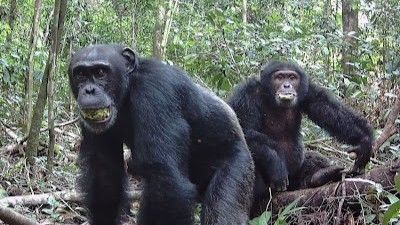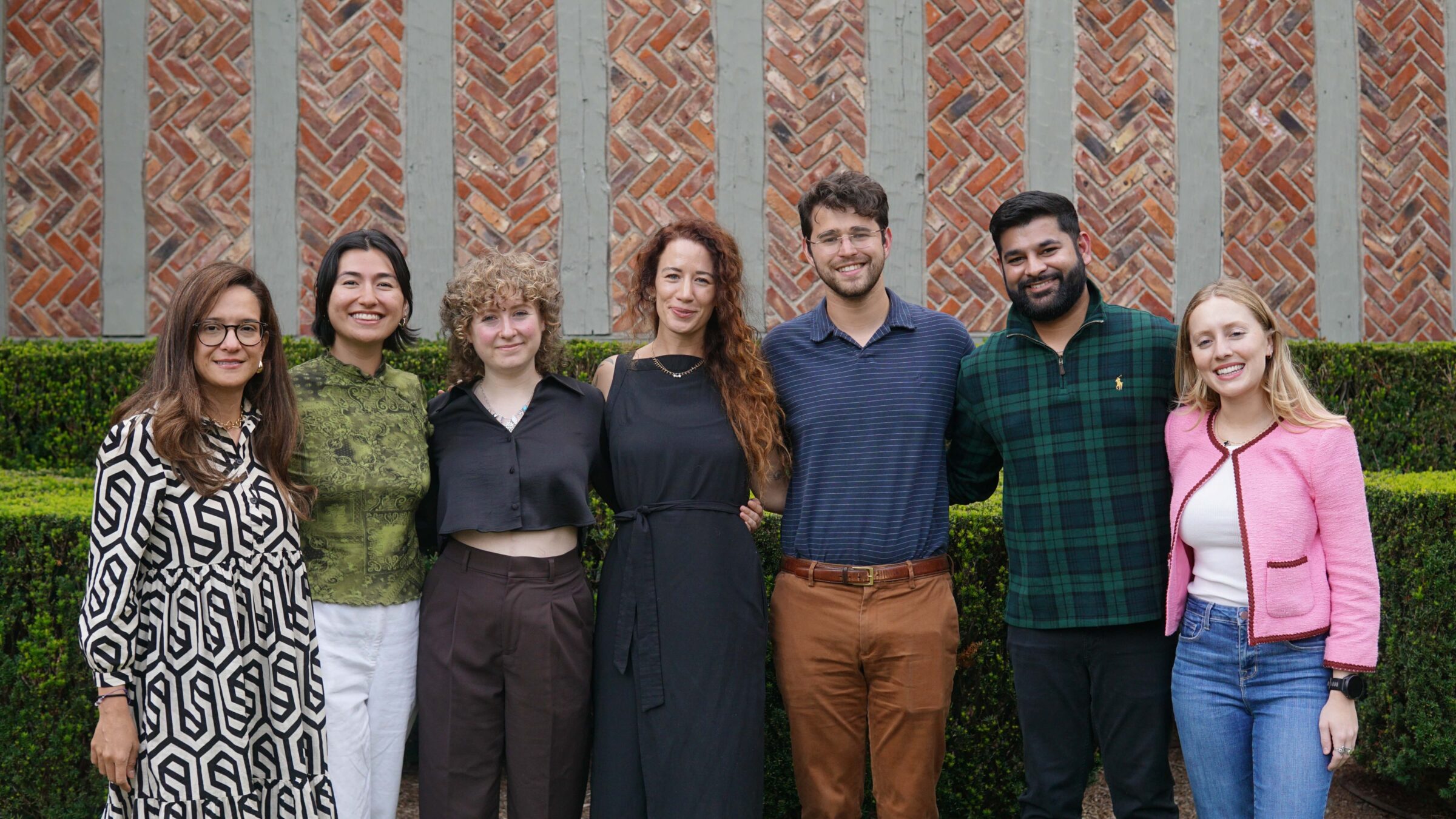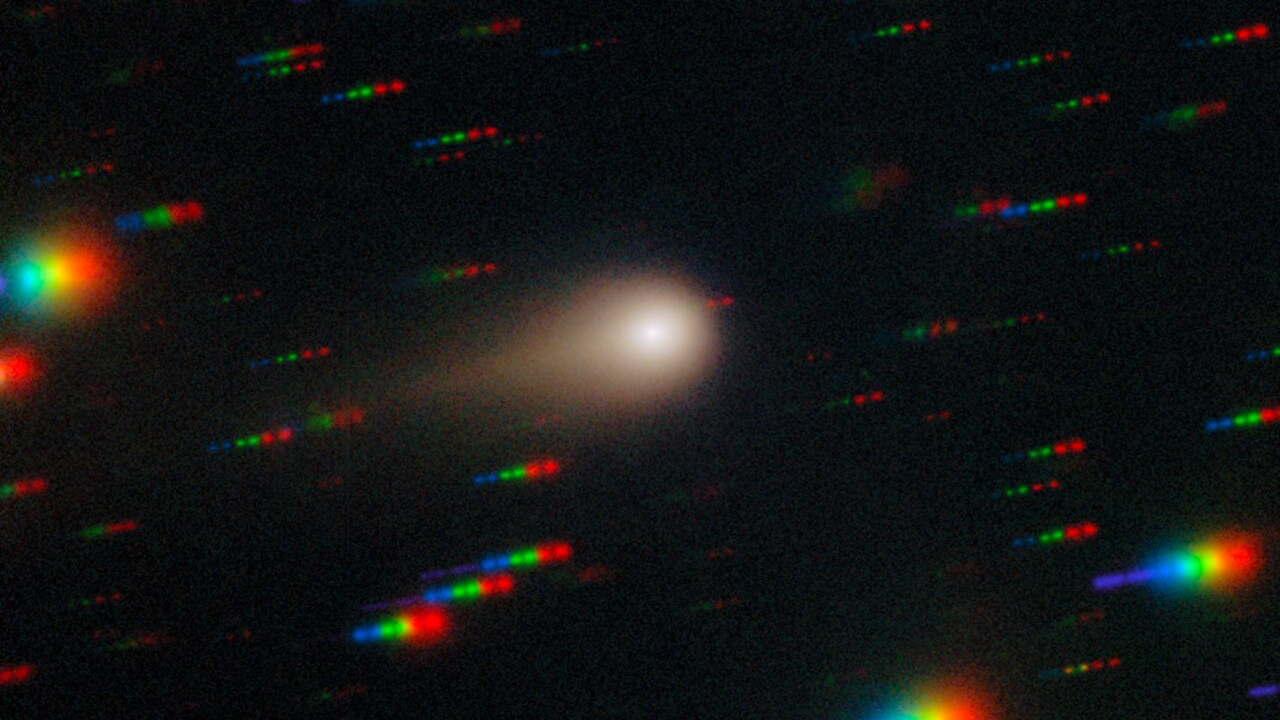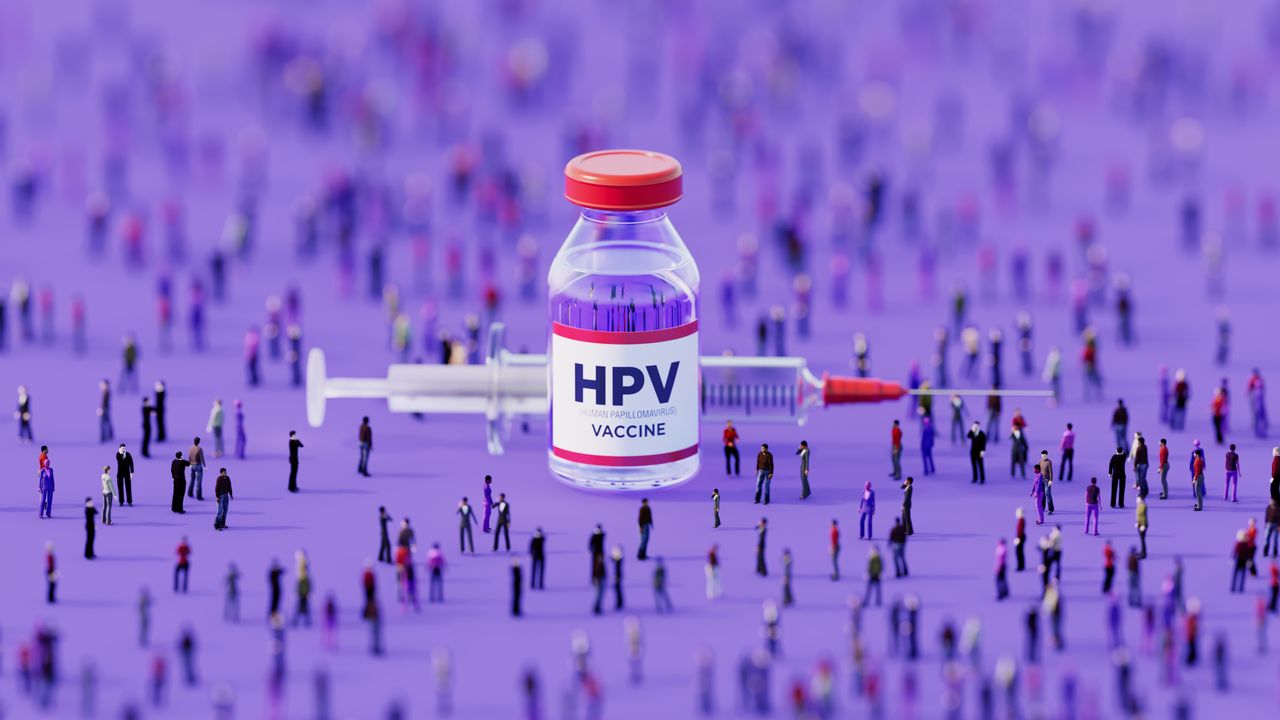Chimps eat fruit full of alcohol, but no, they don't get drunk
NeutralScience

Recent research reveals that chimpanzees can metabolize fermented fruit containing alcohol, shedding light on the evolutionary links between their behavior and human alcohol consumption. This finding is significant as it suggests that our affinity for alcohol may have deeper roots in our primate relatives, highlighting the complex relationship between diet and behavior in both species.
— Curated by the World Pulse Now AI Editorial System






